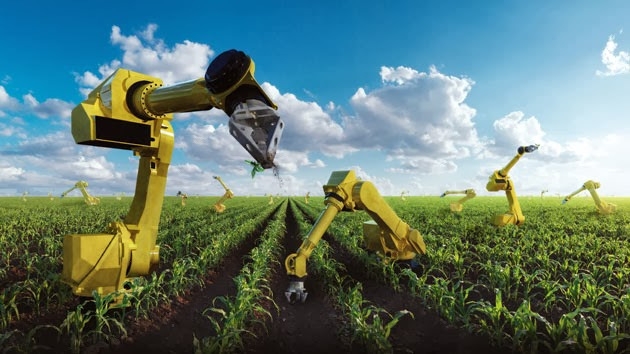
In today's robotics field, agricultural robots have become a force to be reckoned with. According to IDTechEx Research report:
Now, the value created by agricultural robots has reached 3 billion U.S. dollars, and will reach 12 billion U.S. dollars in 2026.
Undoubtedly, agricultural robots increase the efficiency of crop production and allow farmers to get rid of heavy farm work, which is a boon for farmers. However, everyone knows that agricultural robots will also have a huge impact on agriculture-related practitioners. What we are discussing today is the opportunities and challenges it poses to pesticide producers.
With the rise of agricultural robots, the number and types of pesticides will change dramatically. For example, a researcher at an agricultural machinery company in Minnesota, USA, introduced a robotic robot, Rosphere, which can automatically equip different proportions of nutrient solutions according to different types of soil and crops. This trend is more and more obvious. Therefore, pesticide suppliers can no longer ignore the growing strength of agricultural robots.
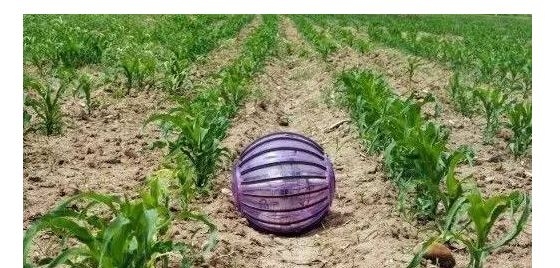
The agrochemical industry is now undergoing a huge transformation: the production of generic pesticides (pesticides suitable for most agricultural crops) is becoming simpler, the prices of pesticides are getting lower and lower, and the competition for lower prices is becoming increasingly fierce. It is particularly strong in China.
Among all the changes brought about by agricultural robots, one is particularly noticeable: Agricultural farming is more specialized, and the types of crops are becoming more and more refined.
Times are changing with each passing day, visual technology is increasing, artificial intelligence, agricultural data maps, and GPS devices are rapidly developing, and people are increasingly approaching data, all of which paves the way for the development of agricultural robots. In this way, the farm will become more and more independent and agricultural robots will cater to the needs of specific plants. Therefore, the degree of specialization of agricultural robots will become higher and higher, and the cultivation and planting methods of crops will also become more and more detailed.
In general, most agricultural robots will be used in organic agriculture, using basic template matching algorithms. However, in the near future, deep learning technology will be used in millions of crop images, which means that training algorithms will become more and more complex and the range of robotic processing tasks will become larger and larger. The problem of processing will also become more and more specialized.
The next step in the development of agricultural robots is to become completely unmanned and fully automated. Nowadays, auto-navigation technology has become increasingly commercialized, which reduces regulatory barriers and increases farmers' familiarity with agricultural robots. All of these will introduce us to the next era: the era of ultra-precision agriculture.
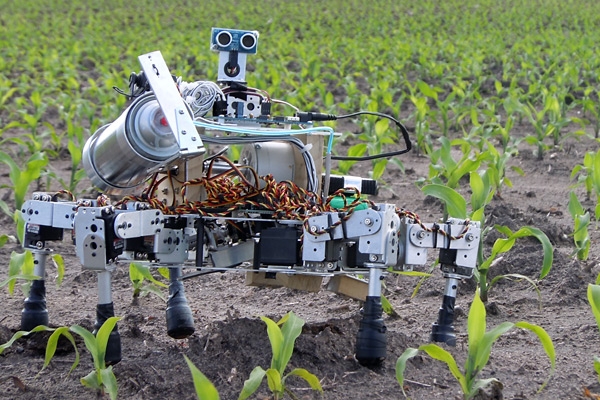
To a certain extent, the era of ultra-precision farming will bring evangelism to farmers: Chemicals become more and more professional and more and more customized. This reduces consumption and waste as a whole, and also makes the produced crops more excellent. At the same time, it can also turn pesticide suppliers into professional chemical operators, which is very beneficial to the further development of agricultural producers.
However, all things have advantages and disadvantages. With the development of ultra-precision agriculture, traditional agricultural producers and pesticide suppliers will face threats. Because with the increase in the professionalism of crops, the merchants that previously mainly engaged in general agricultural production will be eliminated due to a lack of professionalism. In the modern era, the trend of farmers' demand for pesticides has become more and more professional. Most of the pesticides are only for certain specific crops, so the previous general-purpose pesticides will be eliminated.
All the above changes will not happen overnight. But there is no doubt that if farmers tend to be conservative and refuse to advance with the times, the opportunities brought about by the era of high-precision agriculture will become challenges.
For now, most farmers still do not trust robots and are not willing to spend huge sums to buy them. In addition, because most of today's robot farm systems require skilled operators to operate, many farmers are not qualified for the job. These above have hindered the development of agricultural robots.
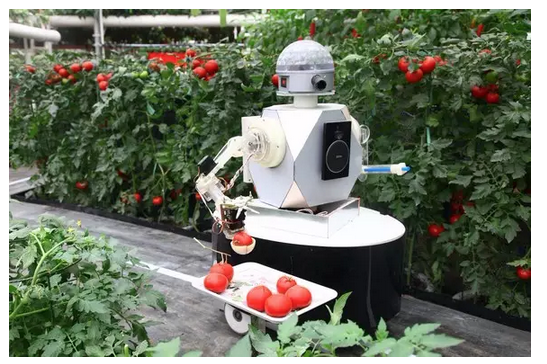
However, the outlook for agricultural robots remains bright. Now, many chemical companies have begun to adjust their policies and invest in and support the development of agricultural robots. At the same time, many pesticide manufacturers are also adjusting their strategies and starting production of specialized, customized pesticides. In addition, more and more farmers are open to agricultural robots, actively learn to support robots and start investing in agricultural robots to assist in production. This trend will also grow over time.
All in all, the times are always moving forward. If they do not advance with the times, they will be eliminated by the times. Therefore, what farmers and pesticide producers need to do is to understand the reality, keep up with the times, and keep learning, so that they can be invincible.
Via:EE Times
The sensor includes linear encoder and rotary encoder, which is used for the position measurement of speed, displacement and angle. Yuheng optics can provide rotary encoders based on optical, magnetic and gear principles, linear encoders based on optical principles and supporting products.
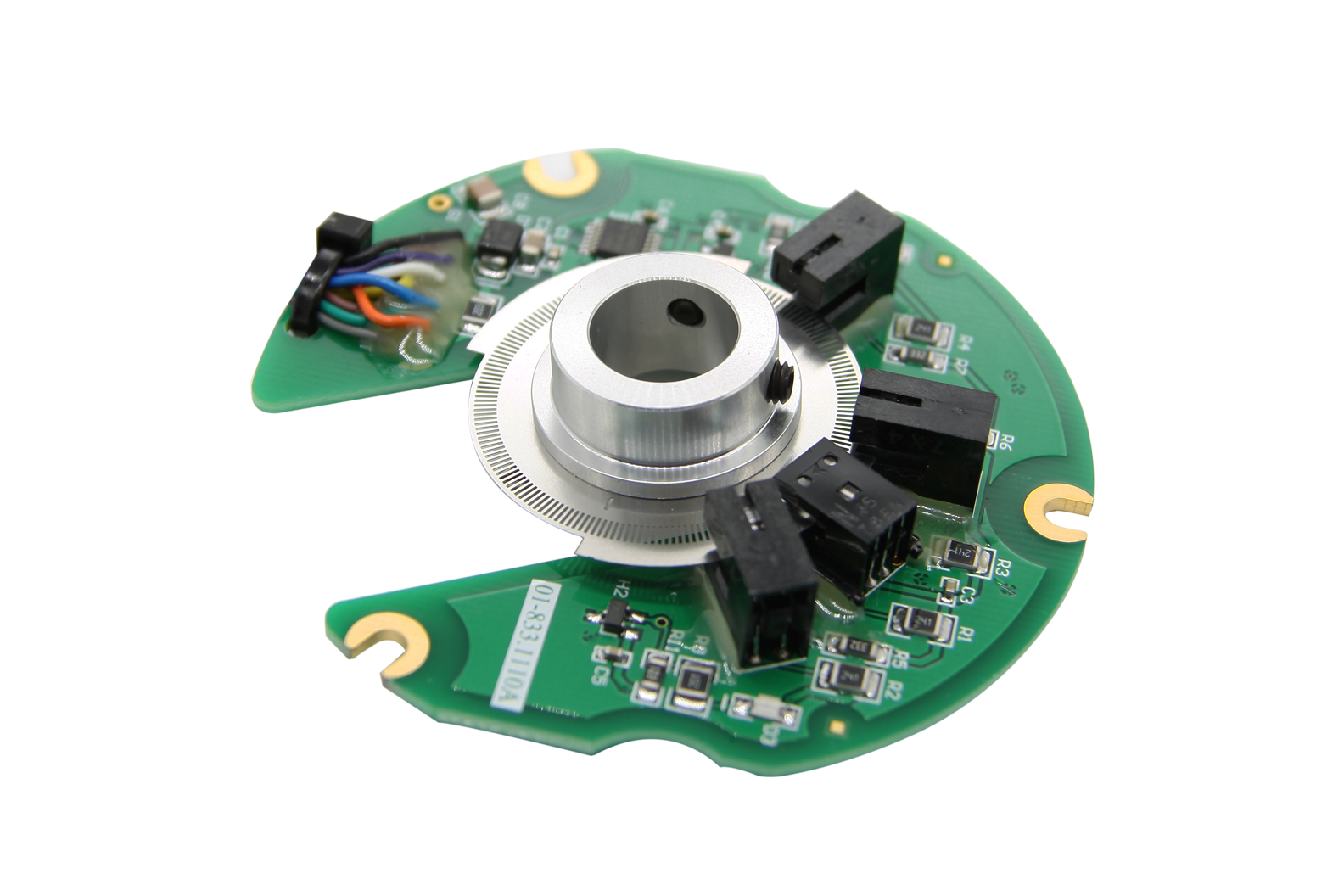
Custom Sensor,Clintegrity Encoder,Absolute Angle Encoder,Small Rotary Encoders
Yuheng Optics Co., Ltd.(Changchun) , https://www.yhencoder.com